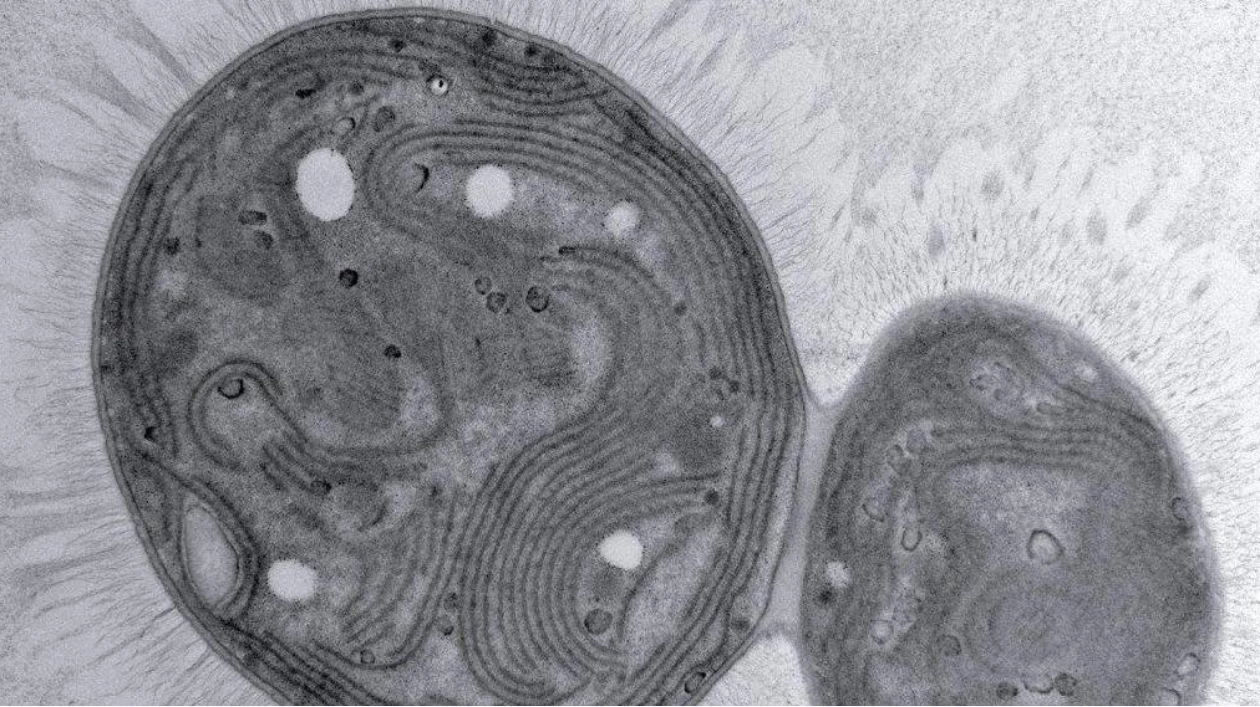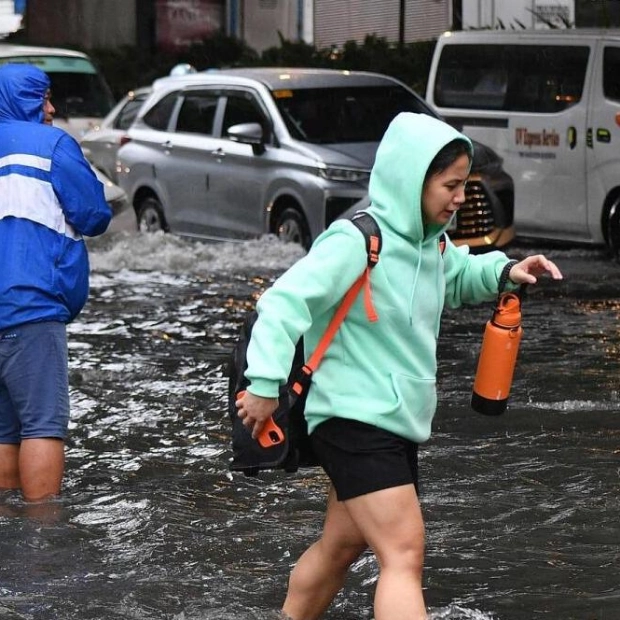Step aside, common ocean-dwelling, oxygen-producing creatures: A new green, hulking mutant has emerged. And the robust UTEX 3222 — nicknamed “Chonkus” by the researchers who discovered it — might just possess the perfect blend of traits to tackle some of humanity’s most urgent issues. Specifically, Chonkus could play a pivotal role in combating climate change, according to microbiologist Max Schubert, formerly of the Wyss Institute at Harvard and now spearheading a startup, and his colleagues in a study published on October 29 in Applied and Environmental Microbiology.
Chonkus was unearthed in the shallow, sunlit waters off Italy’s Vulcano Island, where volcanic gas-rich groundwater flows into the sea. This environment, Schubert and his team hypothesized, could be a fertile breeding ground for photosynthesizing, carbon-consuming microbes. The water samples collected from these seeps indeed contained a spontaneous mutant strain of Synechococcus elongatus, a species of photosynthesizing bacteria that forms the foundation of ocean food webs worldwide.
S. elongatus is a favored laboratory organism due to its rapid growth and resilience to environmental stressors. Chonkus, the new mutant, appears to be a supercharged version. When cultured in the lab, its individual cells were larger than those of other fast-growing cyanobacteria, and it formed larger colonies. The mutant also stored more carbon than other strains of S. elongatus, seemingly in white granules within its cells. Additionally, the strain was notably heavy: when placed in a test tube, the cyanobacteria quickly sank to the bottom, creating a dense sludge.
These characteristics could make Chonkus particularly adept at carbon sequestration in the ocean, the researchers propose. Not only might it absorb more carbon than the average cyanobacteria, but its rapid sinking ability could also sequester that carbon away from the atmosphere more swiftly.
The discovery of Chonkus suggests that carbon dioxide-rich seeps into ocean waters may harbor other rare and beneficial organisms, potentially including those that could aid in marine carbon dioxide removal. In the fight against climate change, these organisms might not be the heroes we envision, but they could be the ones we desperately need.
Source link: https://www.sciencenews.org






